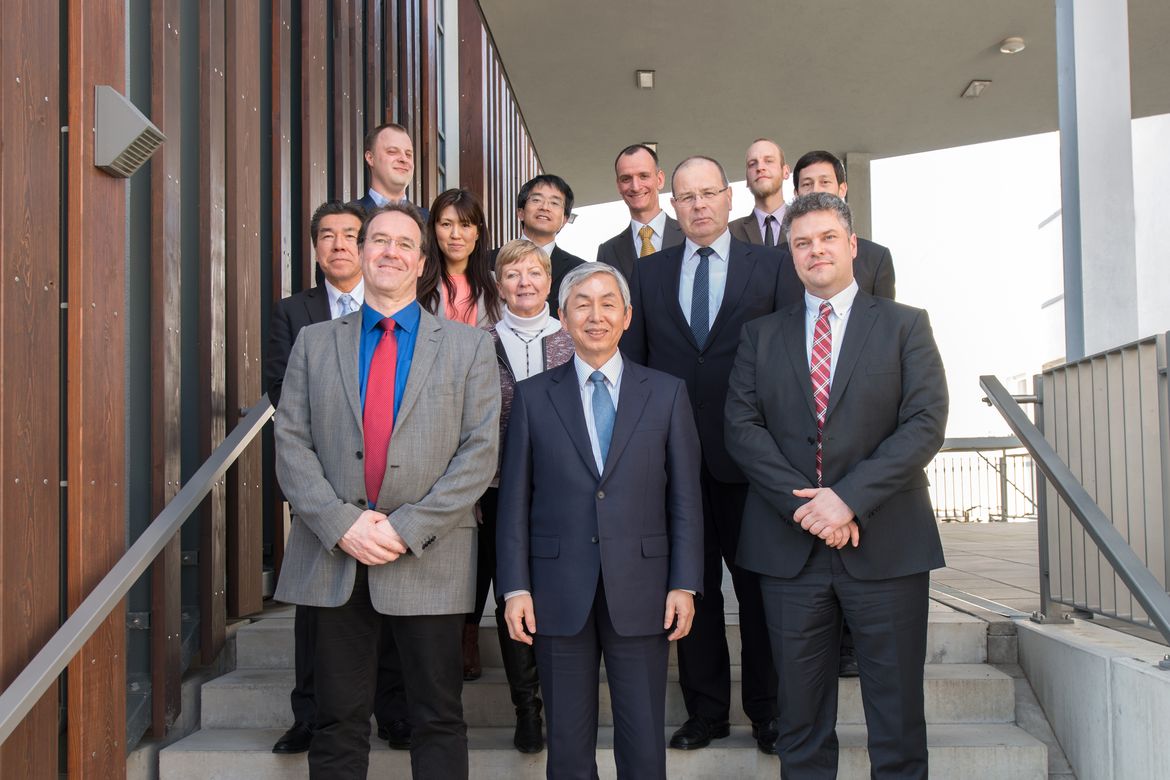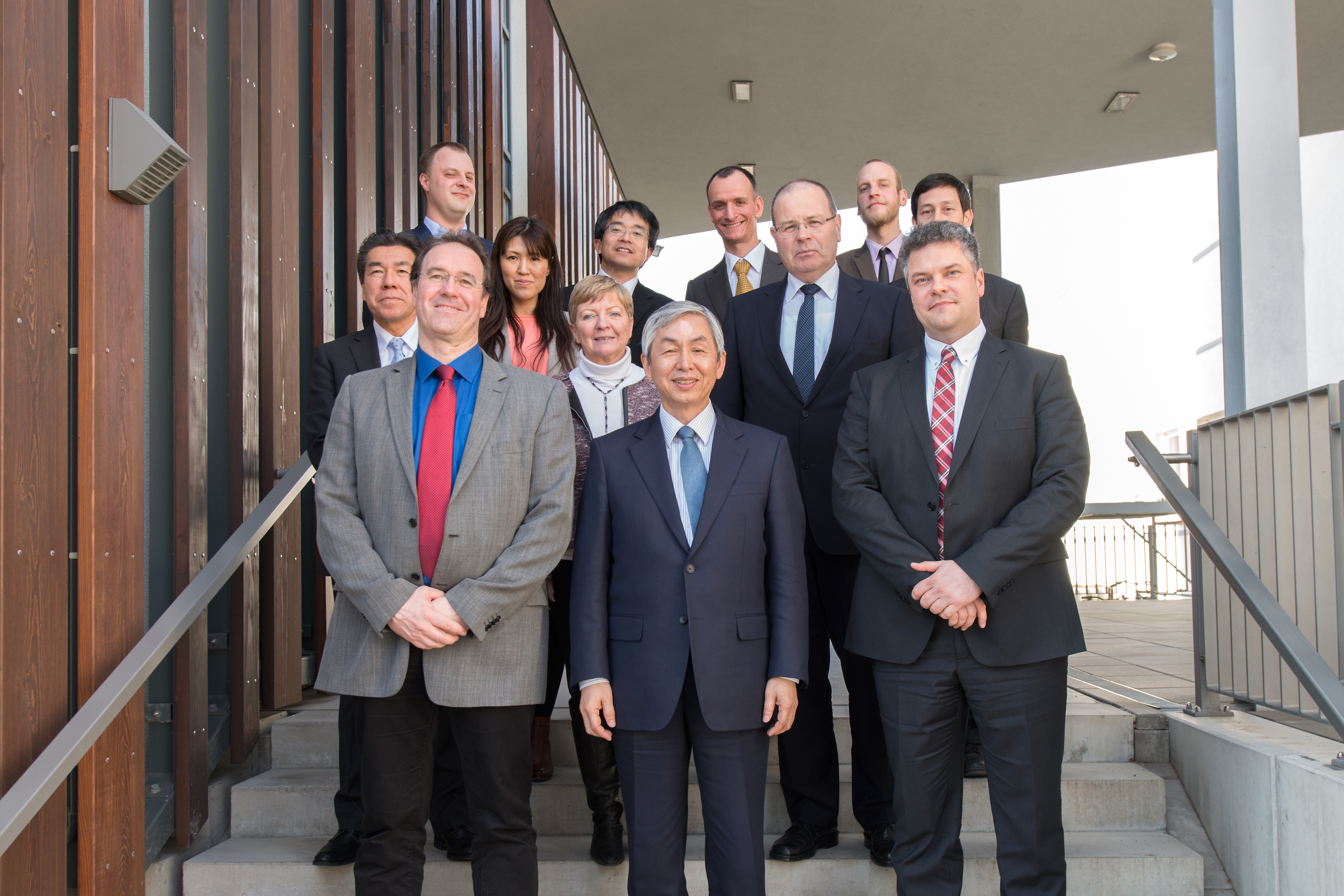DBFZ and FFPRI sign a Memorandum of Understanding for the German-Japanese research collaboration in torrefaction of biomass.
On Monday, 14th March 2016, the directors of the German Biomass Research Centre (DBFZ) and the Japanese Forestry and Forest Products Research Institute (FFPRI) agreed upon a wider co-operation inthe field of torrefaction of biomass and signed a Memorandum of Understanding for the research cooperation.
A main objective of the Memorandum of Understanding (MoU) is a joint research cooperation regarding the production of torrefied biomass in small-scale conversion plants. The MoU will become the basis for an intensified cooperation between the two research institutes aiming at the exchange of experiences, at mutual research visits, common works and publications. “The close collaboration between the DBFZ and FFPRI will contribute to a higher international visibility of both institutes and will allow both partners to use synergies. An important objective is to promote the torrefaction and foster the market launch of pallets for small-scale applications in Japan as well as in Germany”, says Prof. Dr. Michael Nelles, Scientific Managing Director of the DBFZ.
Dr. Haruo Sawada, President of the FFPRI, has been visiting together with Dr. Makoto Kiguchi, Research Coordinator for bioenergy, and Dr. Takahiro Yoshida, Head of projects and research in bioenergy, DBFZ and the city of Leipzig. The first embassy secretary of the Embassy of Japan in Berlin, Mrs. Mayu Nishikawa, and Uwe Albrecht, Deputy Mayor for Economy and Labour of the City of Leipzig were also participating in the ceremony. Albrecht emphasized that there has been economic relations between Leipzig and Japan for at least 150 years. "Since 2006, we have strengthened the cooperation and have created the conditions for the settlement of Japanese companies in Leipzig. This scientific agreement is a further milestone for the joint collaboration between both countries."
Smart Bioenergy – innovations for a sustainable future
The DBFZ works as a central and independent thinker in the field of energy and material use of biomass on the question of how the limited available biomass resources can contribute to the existing and future energy system with sustainability and high efficiency. As part of the research the DBFZ identifies, develops, accompanies, evaluates and demonstrates the most promising fields of application for bioenergy and the especially positively outstanding examples together with partners from research, industry and public. With the scientific work of the DBFZ, the knowledge of the possibilities and limitations of energy and integrated material use of renewable raw materials in a biobased economy as a whole should be expanded and the outstanding position of the industrial location Germany in this sector permanently secured – www.dbfz.de/en.


